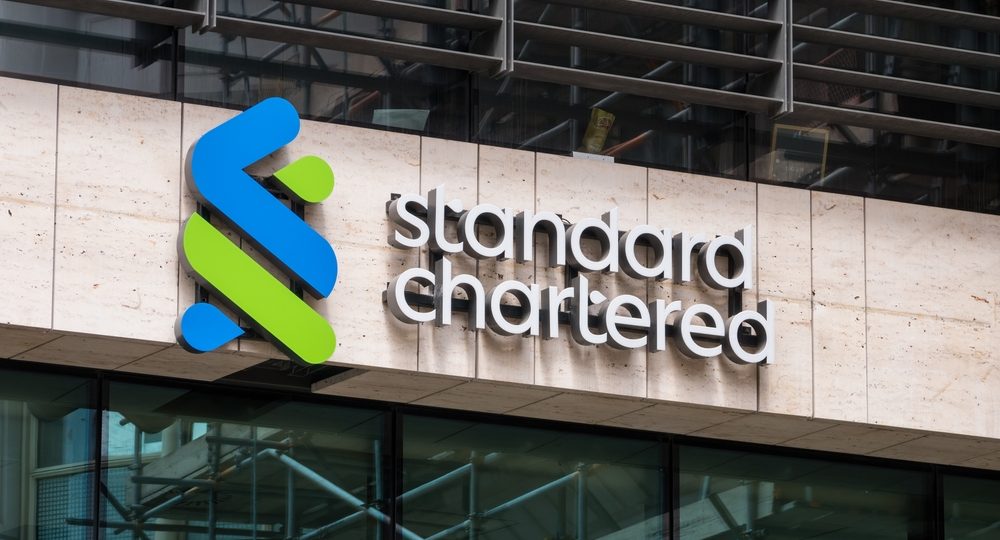In this article, Joe Mitchell considers two recent High Court decisions addressing the extent to which documents generated in overseas regulatory investigations must be disclosed in English proceedings under sections 90/90A of the Financial Services and Markets Act 2000 (FSMA).
Investigations by authorities into apparent wrongdoing by listed companies are often a feature of securities claims brought under sections 90/90A FSMA. Findings or other information arising from such investigations, in the UK or abroad, can be the first indication to a shareholder that they may have been misled by a listed company and are entitled to damages. There is also often significant overlap between the wrongdoing under investigation and the basis for a claim under FSMA.
As a consequence, documents created or produced in such investigations, including those by the authorities themselves, can be disclosable in FSMA claims and can be a valuable source of evidence for claimants. However, such documents may be provided by an authority to a party under investigation, with confidentiality obligations imposed, which may conflict with that party’s disclosure obligations under the Civil Procedure Rules.
In recent months, the High Court has handed down judgments in two separate FSMA claims where such considerations arose, namely the judgment of Mr Justice Michael Green in Persons Identified in Schedule 1 v Standard Chartered plc [2025] EWHC 2136 (Ch) and Mr Justice Bryan in Aabar Holdings SARL and others v Glencore plc and others [2025] EWHC 2243 (KB), the former of which is subject to an appeal due to be heard this week.
In Standard Chartered, the defendant sought permission to withhold from production otherwise disclosable documents that it said were subject to strict duties of confidence owed to regulators in the US and Singapore. In Glencore, two defendants (Glencore plc and Mr Glasenberg) sought to withhold documents on the basis of restrictions said to apply under Dutch law.
While each judgment focused specifically on the relevant law said to be engaged in the respective jurisdictions in the circumstances specific to each claim, both addressed the relevant principles of English law on such applications as derived principally from Bank Mellat v HM Treasury [2019] EWCA Civ 449. Several common threads can be identified:
- The key consideration (applying Bank Mellat) was whether there was a real risk of prosecution of the defendant(s) if the documents were produced:
- If so, the court would need to balance that risk against the importance of the documents in question to the fair disposal of the English proceedings, or
- If there was no real risk, the documents should be produced, albeit it may be appropriate for production to be subject to restrictions, including for reasons of comity between England and the relevant foreign jurisdiction.
- Establishing a real risk of prosecution requires expert evidence of the relevant authorities’ practice, and in both cases, the court found there was insufficient evidence to satisfy that requirement. This was despite the express refusals (in both cases) of the relevant foreign authorities to agree to the production of the documents in the English proceedings.
- The court placed significance on the fact that production would be pursuant to an English court order and that this should mitigate any risk of prosecution. In Glencore, the judge noted that the order to be made would include a recital to the effect that the English court has had regard to the possible consequences of breach of an English court order (ie, the possibility of sanction in the UK), and this was a matter that might be borne in mind by the foreign authority in considering whether to prosecute.
- In both cases, production was ordered to be put into a confidentiality ring. However, the court in Standard Chartered (and subsequently in the Glencore proceedings) declined to require the confidentiality ring to be “external eyes only” (ie, to permit only external legal teams to see the documents in question). Mr Justice Green noted that this would require “some valid distinction” to be identified between disclosure to internal and external counsel, which Standard Chartered had not identified.
This approach continues the direction of travel towards ensuring that relevant documents are made available in English court proceedings, while sometimes putting parties (usually the defendant) in a difficult position when balancing obligations to foreign authorities and to the English court.
Despite these cases, it seems probable that such contested issues will continue to arise in securities cases going forward, absent the consent of a foreign authority. Investors will welcome these recent decisions, as the findings and information that emerge from these investigations are generally key to helping them seek redress for losses resulting from directors of listed companies misleading them.
You can find further information regarding our expertise, experience and team on our Securities Litigation pages.
If you require assistance from our team, please contact us.
Subscribe – In order to receive our news straight to your inbox, subscribe here. Our newsletters are sent no more than once a month.




